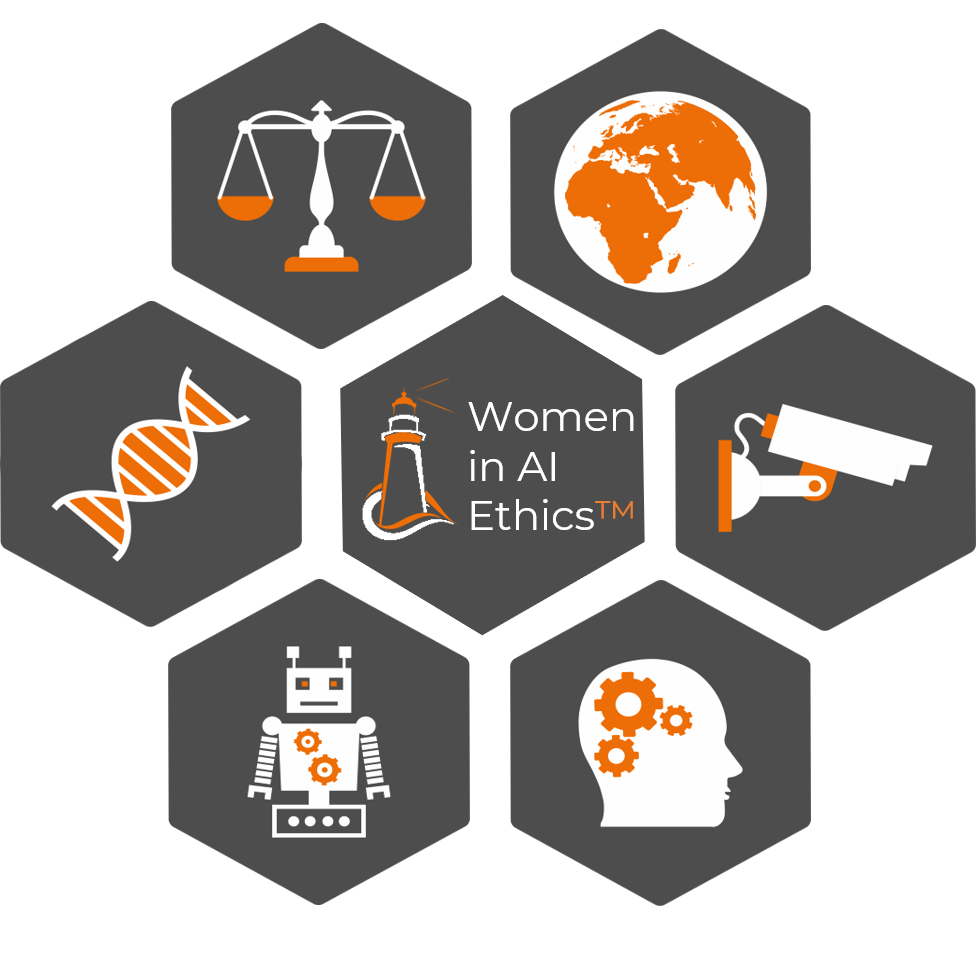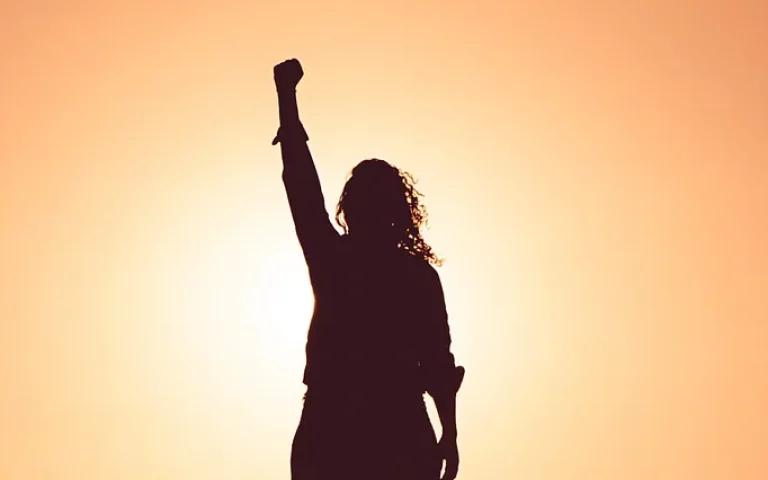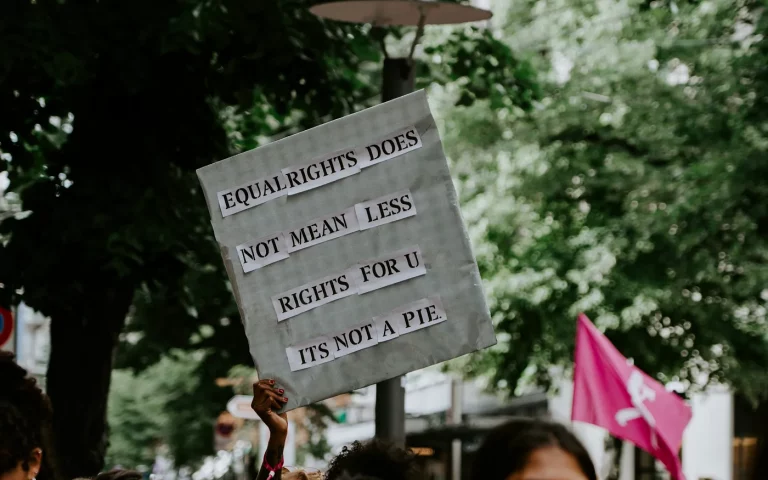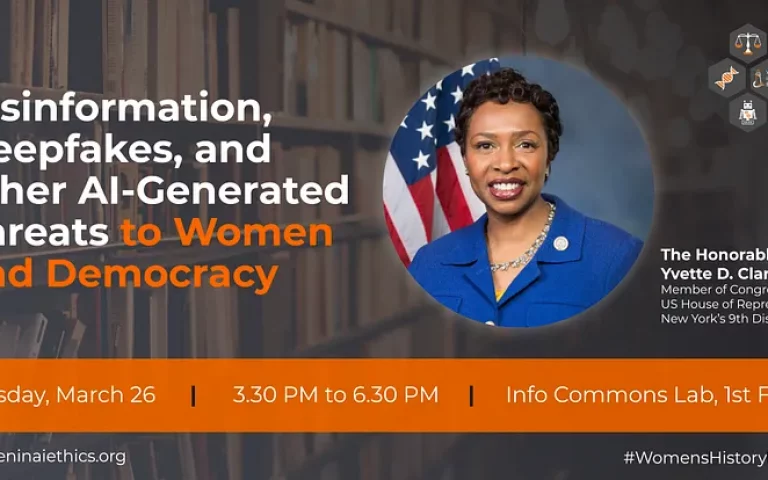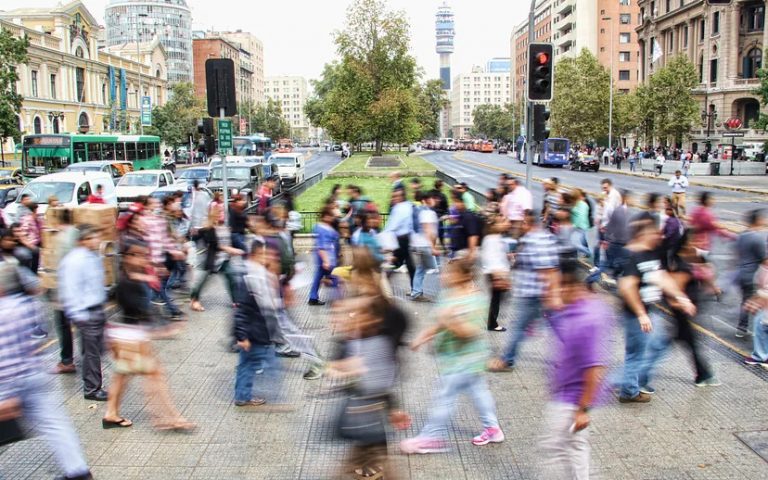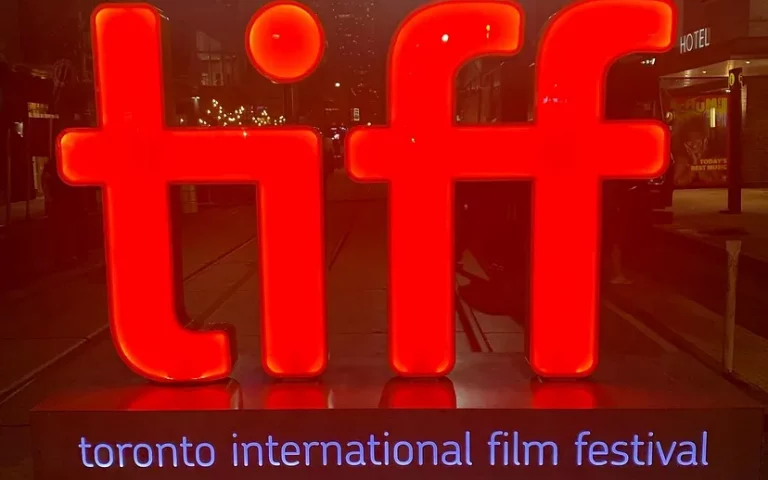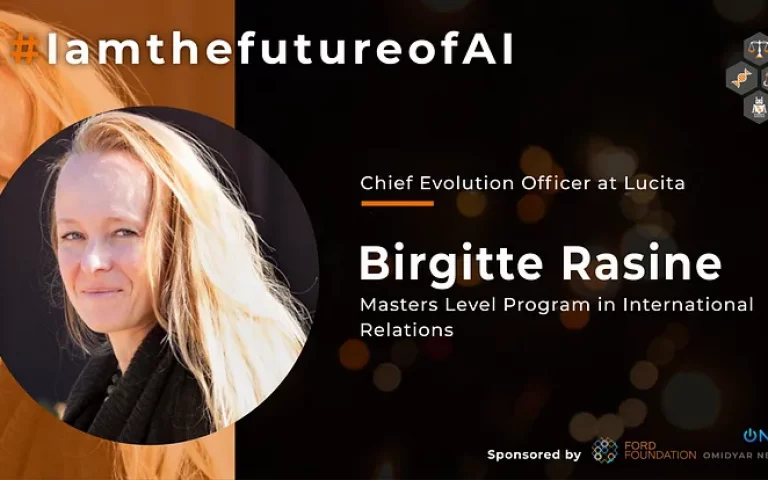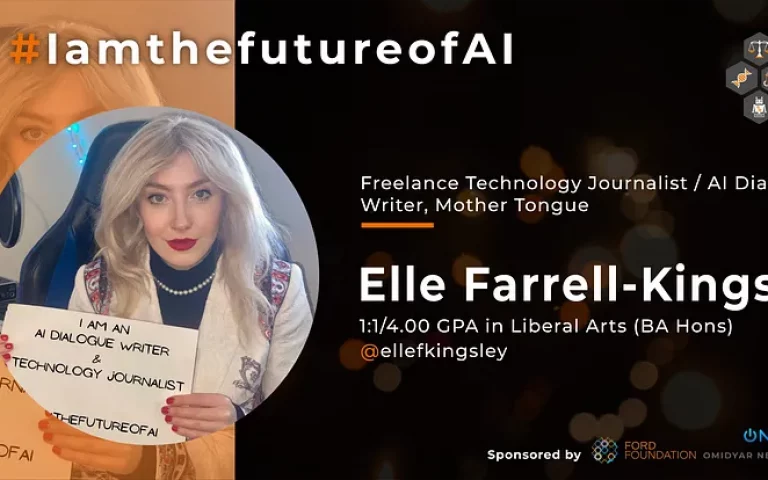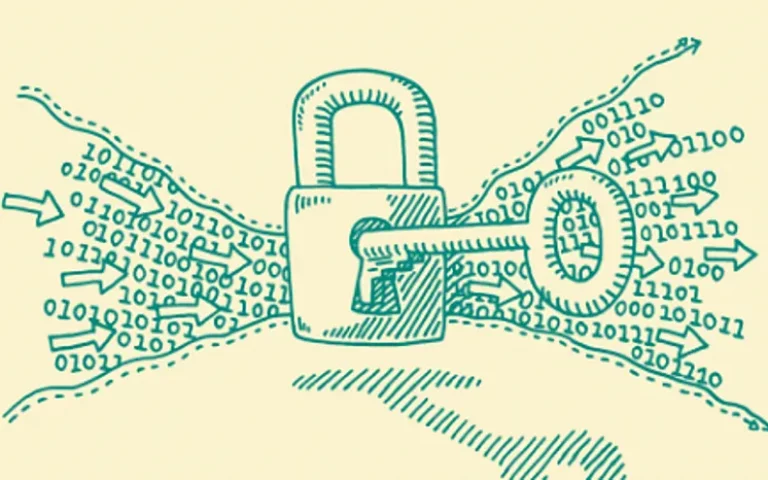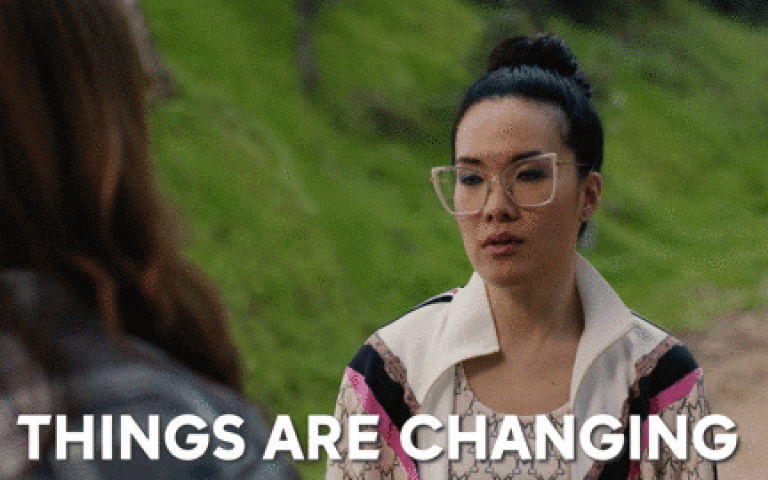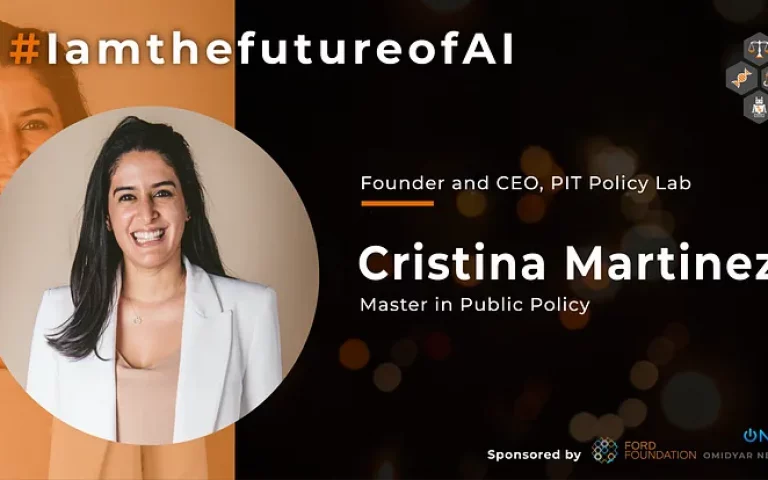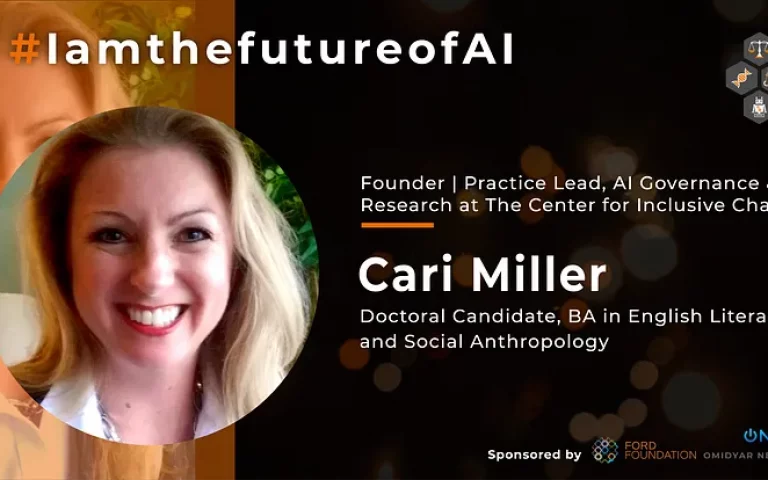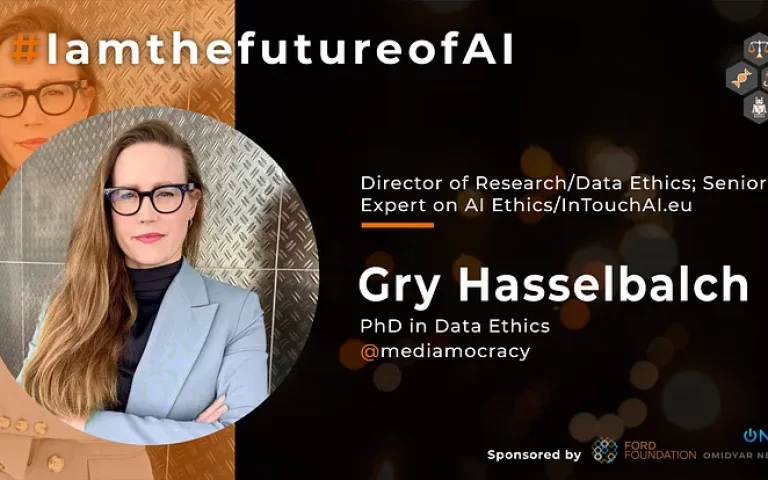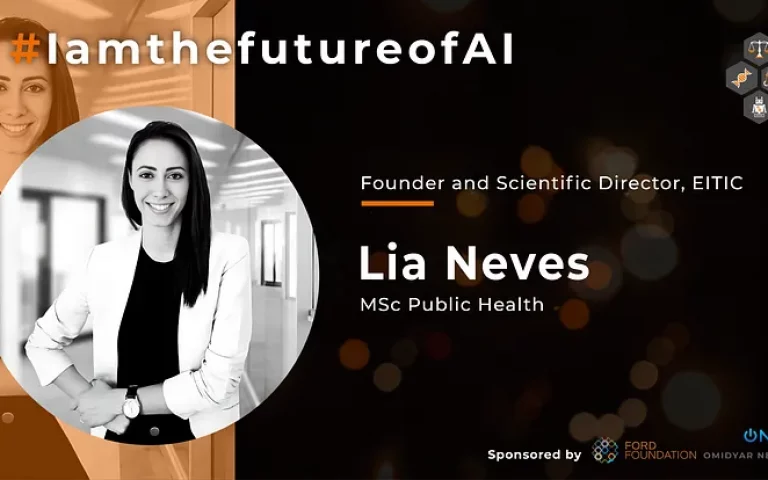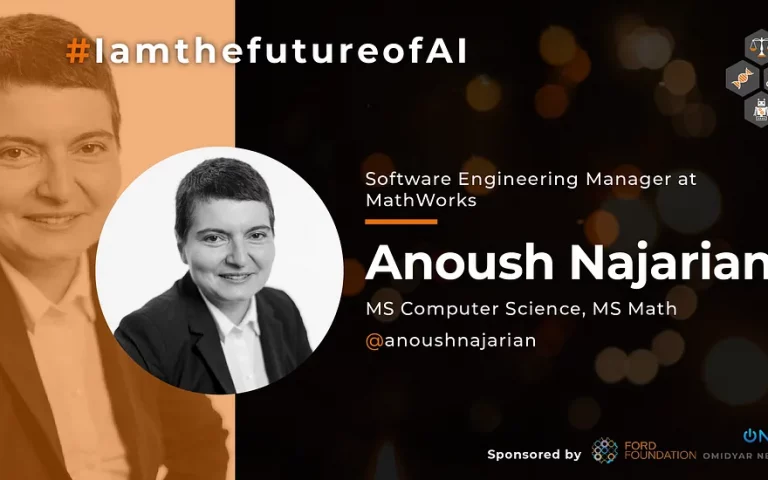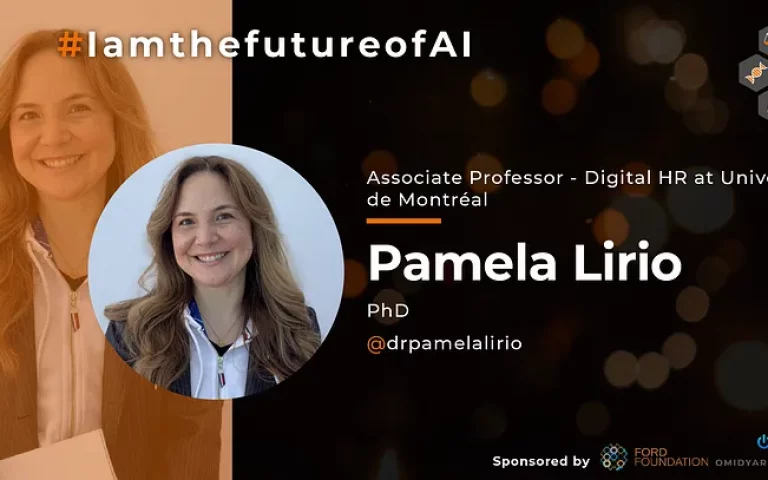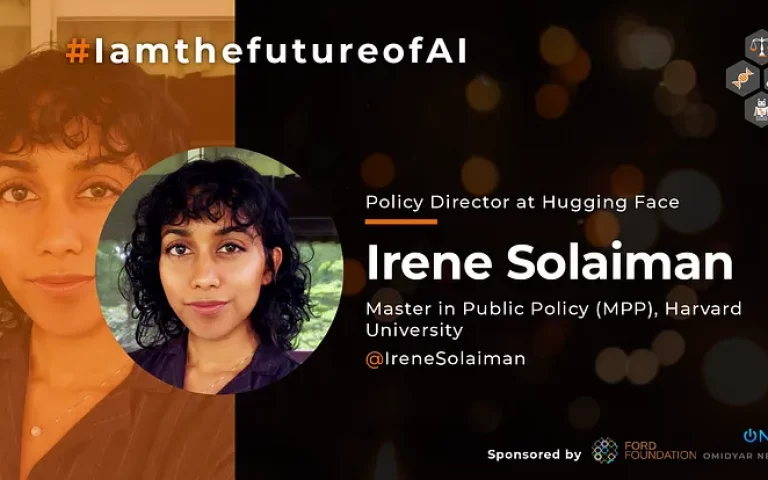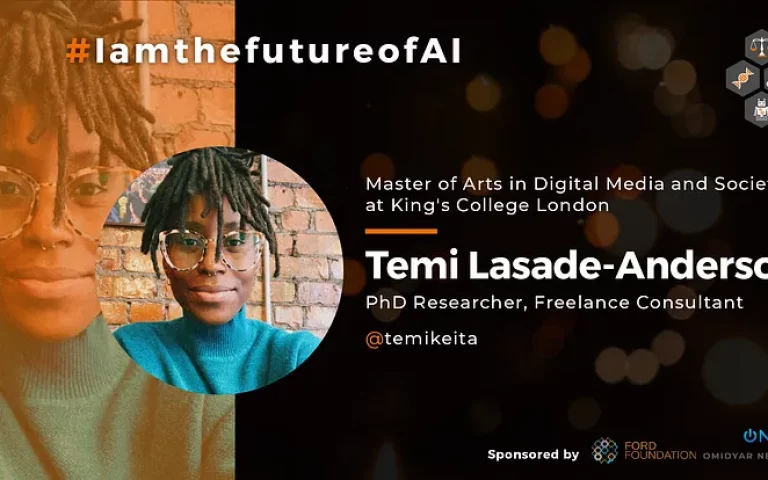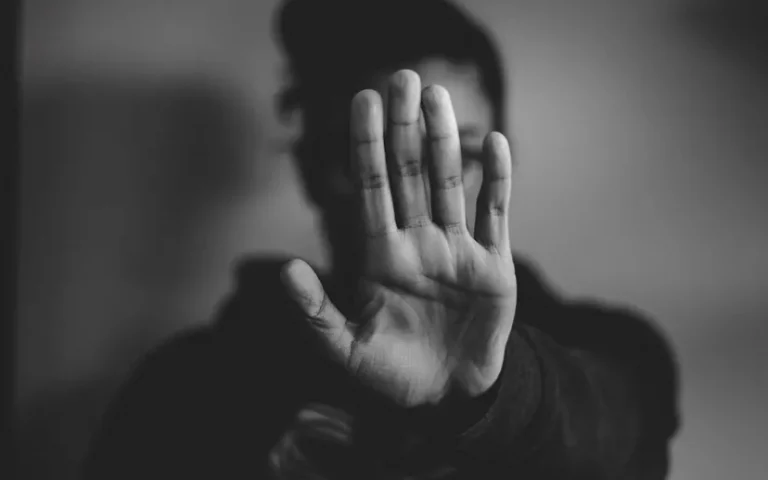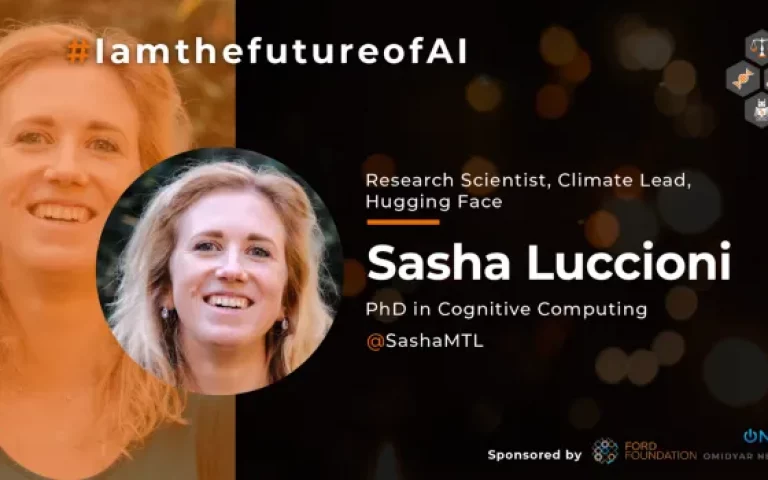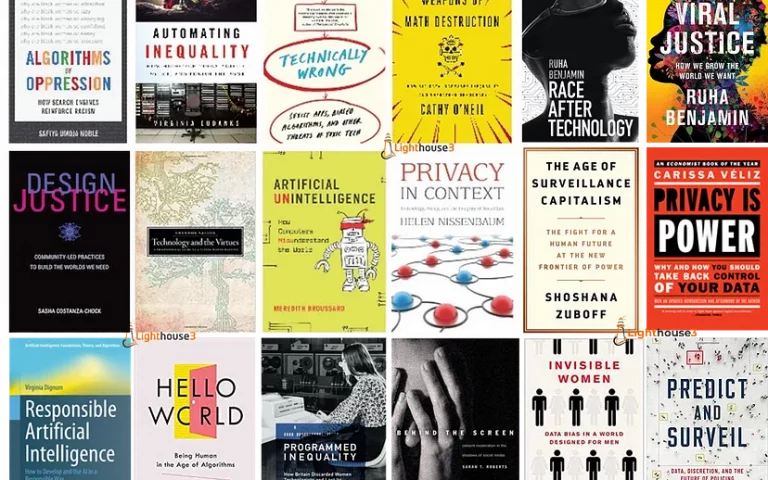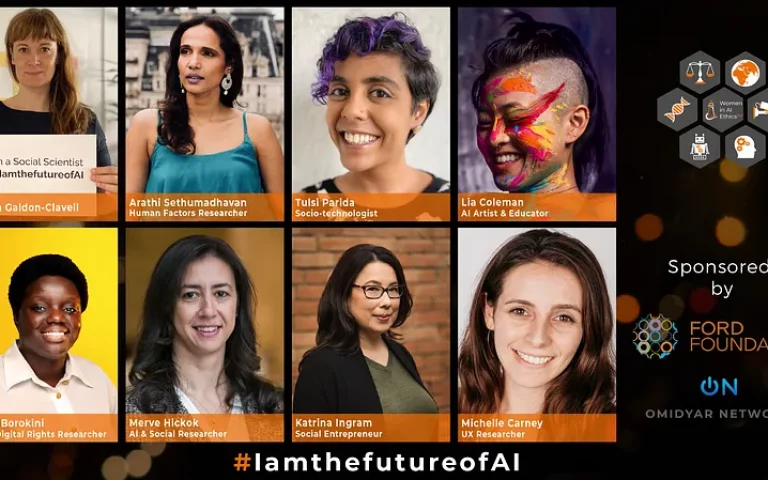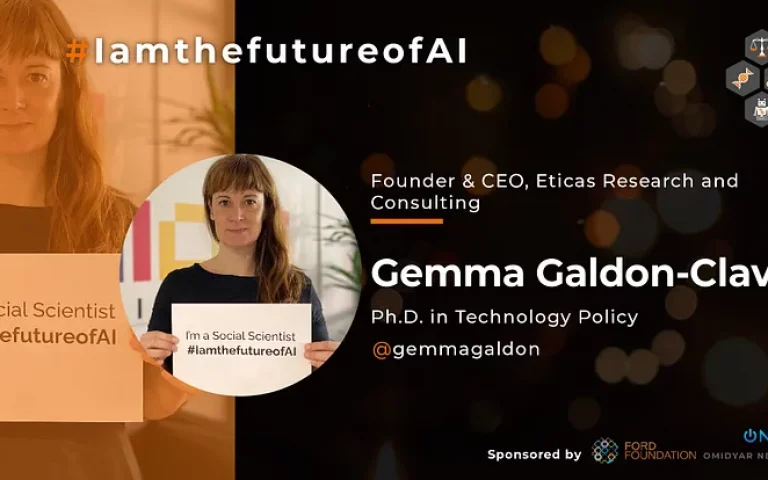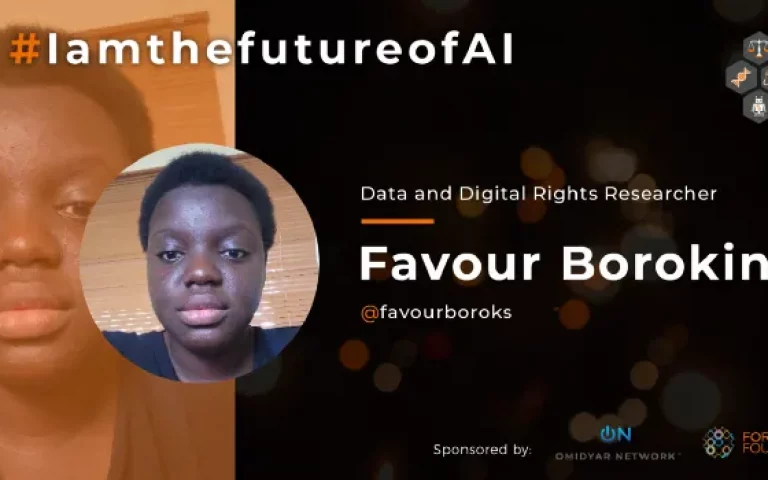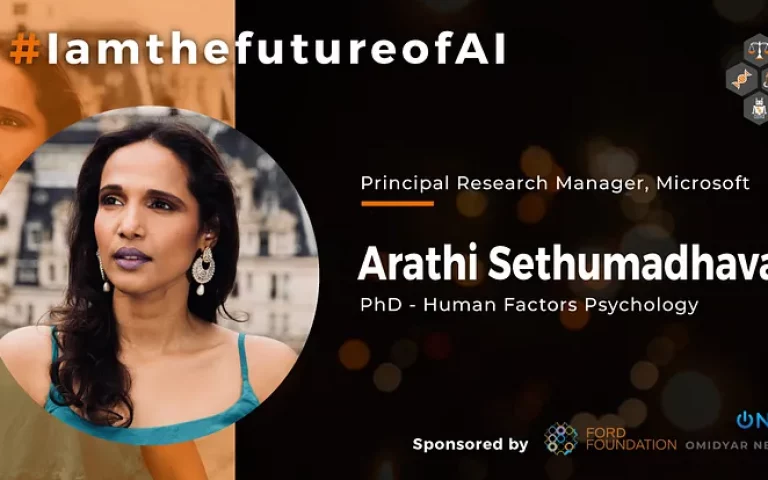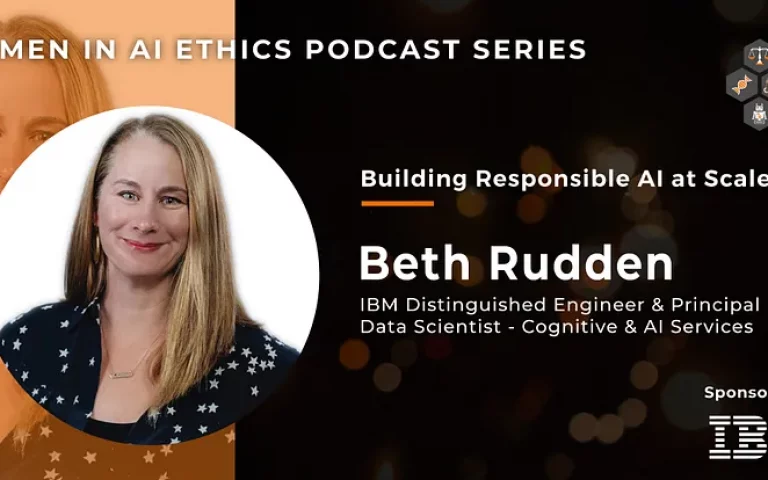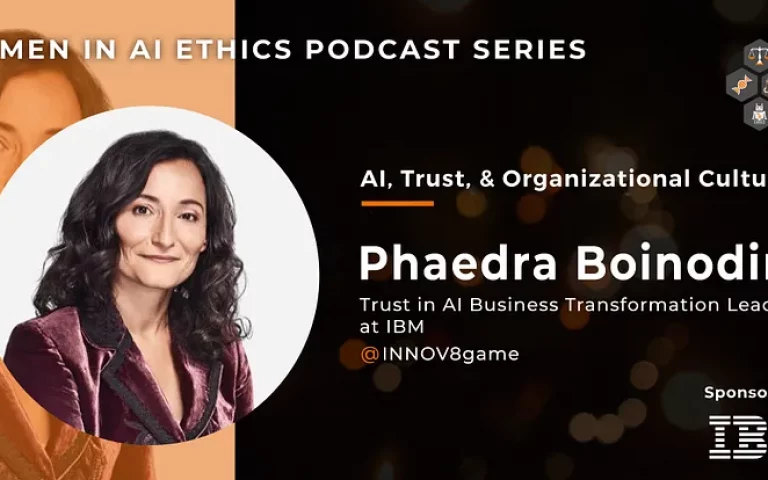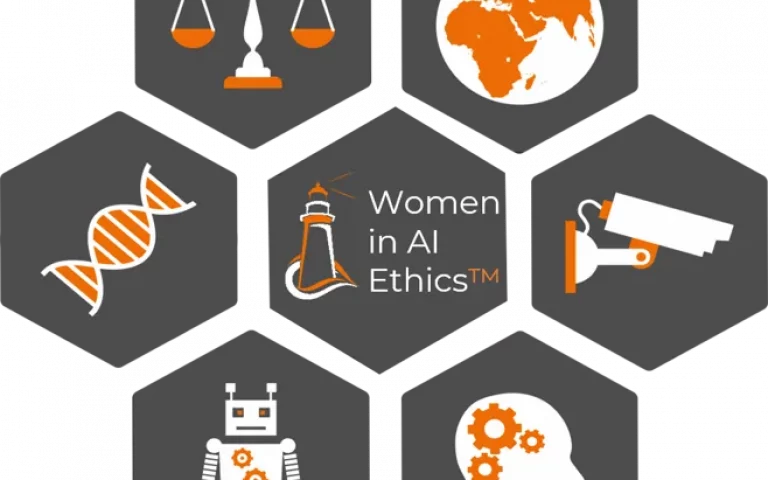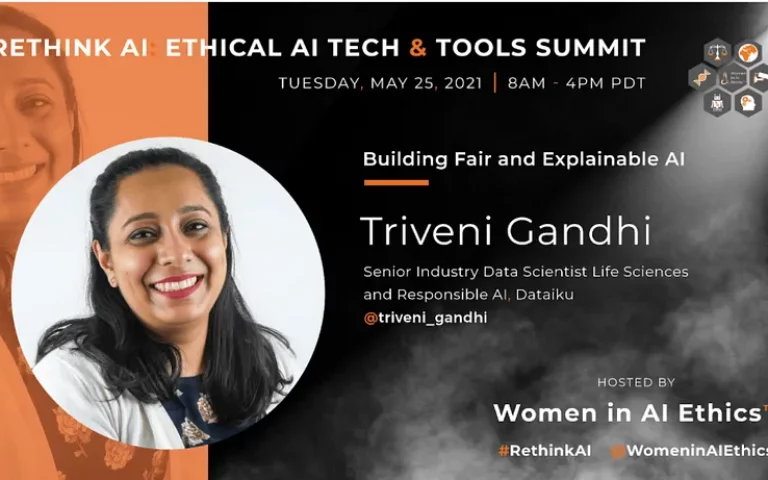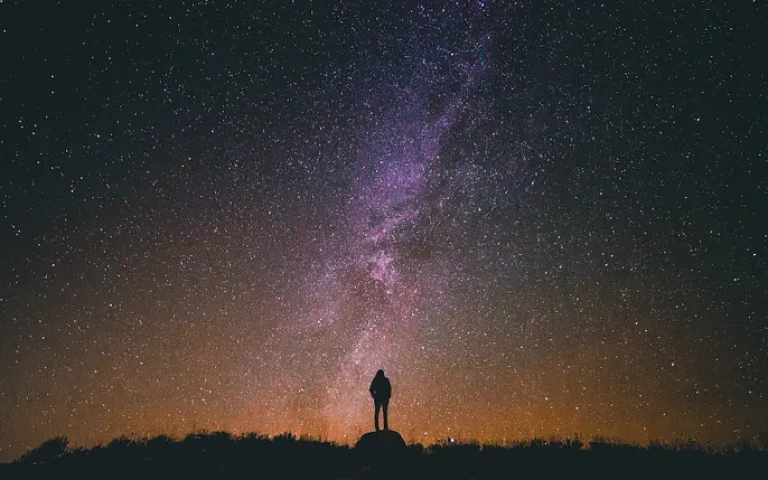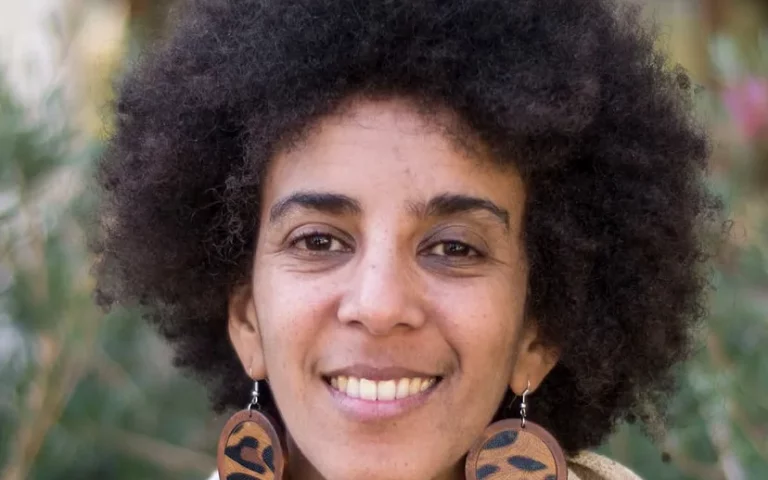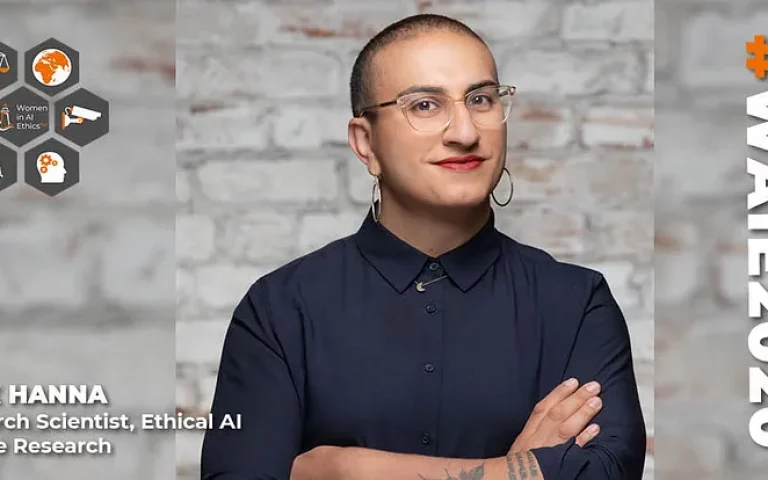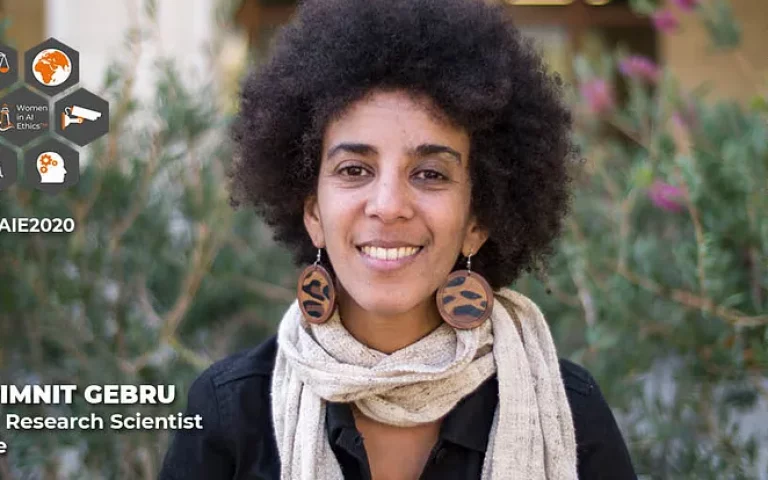It’s an incredibly exciting time to be in the AI space. The opportunities are bountiful and the future looks bright.
It’s great to have been able to interview Maha Jouini, who has been a part of the AI space for some time now. She is an amazing person who takes writing to an entirely new level and as a means of resistance, which she fashions from herself and her pain. She writes and records her victories over the patriarchal and masculine authority that breaks the wings of women. I hope you gain a lot from her insights!
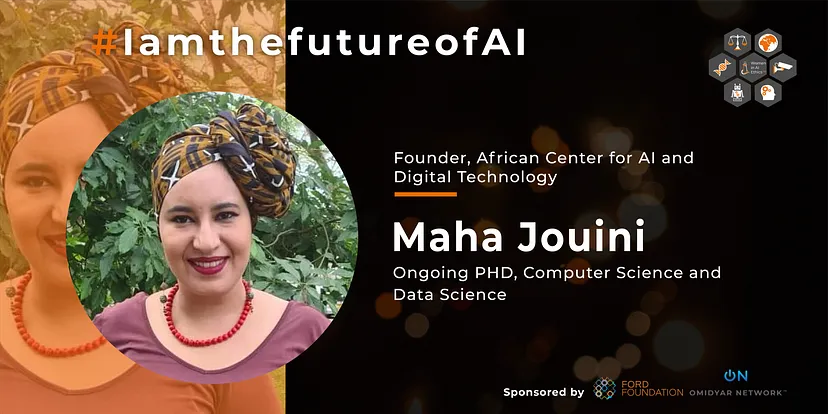
This interview is part of Women in AI Ethics (WAIE)’s “I am the future of AI” campaign launched with support from the Ford Foundation and Omidyar Network to showcase multidisciplinary talent in this space by featuring career journeys and work of women as well as non-binary folks from diverse backgrounds building the future of AI. By raising awareness about the different pathways into AI and making it more accessible, this campaign aspires to inspire participation from historically underrepresented groups for a more equitable and ethical tech future.
Can you share an incident that inspired you to join this space?
It was in 2008 when I had the chance to join “A Reading Club in Tunis” The club was led by Tunisian Feminist activist and human rights defender, I was in my early 20 years old and I believed like my community does, that we North Africans and Muslims, we are not compatible with democratic systems and human rights as results of our nature. Through the reading Club, I learned about the Muslim reform thoughts of Muhammad Abduh Jamal ad-Din al-Afghani, South Asian poet Muhammad Iqbal and Tahar Haddad Tunisian thinker who said in 1928, “A society in which women are not liberated is not truly free.”
I committed to advocating for progressive and humanist values. I have a note that the reading club activists participated after three years in the Arab Spring Revolution.
How did you land your current role?
I studied artificial intelligence in China, and I was surprised by the interest of my Chinese colleagues and supervisors in research centers here in Africa and the future of our technology. I was sad because the world cares about our opportunities and human forces, and we do not trust our capabilities. I returned to my homeland, Tunisia, in 2020 and in January 2021. I got a job contract in Nouakchott as a consultant for a project on digital transformation for a group of companies. I traveled and started my work in the private sector and launched late 2021 the African Center for Industrial Intelligence and Digital Technology a pan-African think tank to enhance AI policies in Africa and raise awareness in the field of digitization, the digital economy, and the governance of artificial intelligence
What kind of issues in AI do you tackle in your day-to-day work?
I believe that Algorithmic bias is a real issue. Because it underlies the ingestion of subjective data by the machine learning model. Instead of being based on a representative data set, the latter finds itself confronted with biased learning data introducing distortion in the algorithmic processing of the training process. The biases then lead to a systematic deviation of the results of the model. One of the most famous misconceptions is that migrants from Africa and the Middle East are terrorists, drug dealers, criminals, misogynists, and ignorant. These stereotypes create racism towards immigrants from southern countries and reinforce hate speech and lack of respect for the human self! How can we decide that a person is unqualified just because he comes from an Arab or African country?
If you have a non-traditional or non-technical background, what barriers did you encounter and how did you overcome them?
I am a writer and novelist. I publish in Arabic; I encountered language problems because all that is published about technology and artificial intelligence were in English. I work to publish intellectual and cultural content about technology in local languages. I am advocating for tech content with our own languages in order for North Africans to understand tech life, and AI and facilitate digital transformation.
Why is more diversity — gender, race, orientation, socio-economic background, other — in the AI ethics space important?
In the workforce, Migration policy, and international relations, visible diversity traits such as gender, skin color, physical traits, behaviors, body size/type, and AI can help recruiters or decision makers to drive a bias-free and fairer process, and build diverse and inclusive teams. Diversity is the pillar for inclusion, justice, and responsible use of AI.
If AI is used without respecting human rights values, (rights of women, minorities, LGBTQ, indigenous peoples, and immigrants) artificial intelligence will turn into an instrument of hatred, violence, and injustice, and humanity will not be able to achieve prosperity and preserve human dignity.
What is your advice to those from non-traditional backgrounds who want to do meaningful work in this space on how to overcome barriers like tech bro culture, lack of ethical funding/opportunities, etc.?
In my conversations with young Muslims, Arabs, and Africans, I always advise them to work with the means available to them because we are in the time of the Fourth Industrial Revolution. Access to the Internet and the absence of national policies for artificial intelligence. The solution is to continue working, learning, and trying to intensify efforts to create local expertise and local technology, stop importing technology from abroad, create job opportunities, stop unemployment, and build the Africa that you want. I believe that my work with my colleagues in the field of artificial intelligence policy in Africa is a success story in itself because we prove that science has no gender, no race, or color! Last year google choose me as part of the Google Woman Tech Makers program, AI needs bravery and commitment! I am leading and I am working in a masculine workforce and I am a successful AI -Woman!
Maha Jouini is a Tunisian author and blogger who lives in China. A Researcher in AI and art at Tianjin University of Science and Technology, she has contributed widely to Sino-African relations. She worked as a media coordinator in the African Union campaign to end child marriage in Africa and was based in Ethiopia from late 2014 to 2017. The Maghreb Voices platform named her Personality of the Year in 2018 for her major role as a social media influencer. She is one of the most prominent human rights defenders in the Arab region, particularly around the rights of indigenous peoples such as the Kurds, Nubians, and Amazigh. In her many publications and television appearances, she has championed the rights of these peoples to preserve their heritage. She has received many honours and participated in international conferences on women’s and indigenous people’s issues. Story and prose writing are inseparable from Maha’s human rights work and her journeys between China and Africa. Writing for her is a true act of resistance, which she fashions from herself and her pain. She writes and records her victories over the patriarchal and masculine authority that breaks the wings of women.
